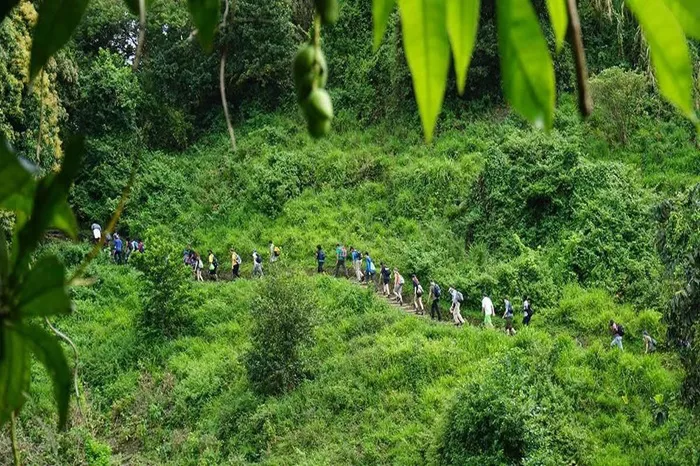In 2025, tourism analysts closely watched a significant meeting held in Erzurum, where the tourism ministers of the Economic Cooperation Organization (ECO) gathered to craft a collective vision for the future of tourism in the region. This meeting was far from ceremonial; it was a strategic moment with the potential to reshape not only the nine member states of the ECO but also the broader dynamics of regional and international tourism.
Tourism industry experts highlighted that the sector was increasingly being viewed as a geopolitical tool, with the potential to strengthen soft power, economic resilience, and cultural diplomacy. The discussions and agreements made in Erzurum were expected to have lasting implications for travel businesses, investors, tour operators, and global travelers alike.
A major highlight of the meeting was the unveiling of the 1st Edition of the ECO Tourism Investment Guide. Organizers shared that the guide was designed as a strategic publication, aimed at attracting crucial investment to the ECO tourism sector. Tourism economists stressed that private investment would be essential for unlocking the potential of underexplored, yet culturally and naturally rich, destinations within the ECO region.
Key areas identified for investment included infrastructure upgrades, boutique hotels, heritage site restorations, and the expansion of adventure tourism ventures. Cities such as Lahore, Mary, and Karakol were highlighted as key destinations with untapped potential, and financial experts speculated that the guide would serve as a crucial link between international investors and these emerging markets.
As the tourism landscape evolves, the ECO’s efforts to attract investment could set a new course for sustainable, culturally enriching tourism in the region, with far-reaching consequences for the global travel industry.

